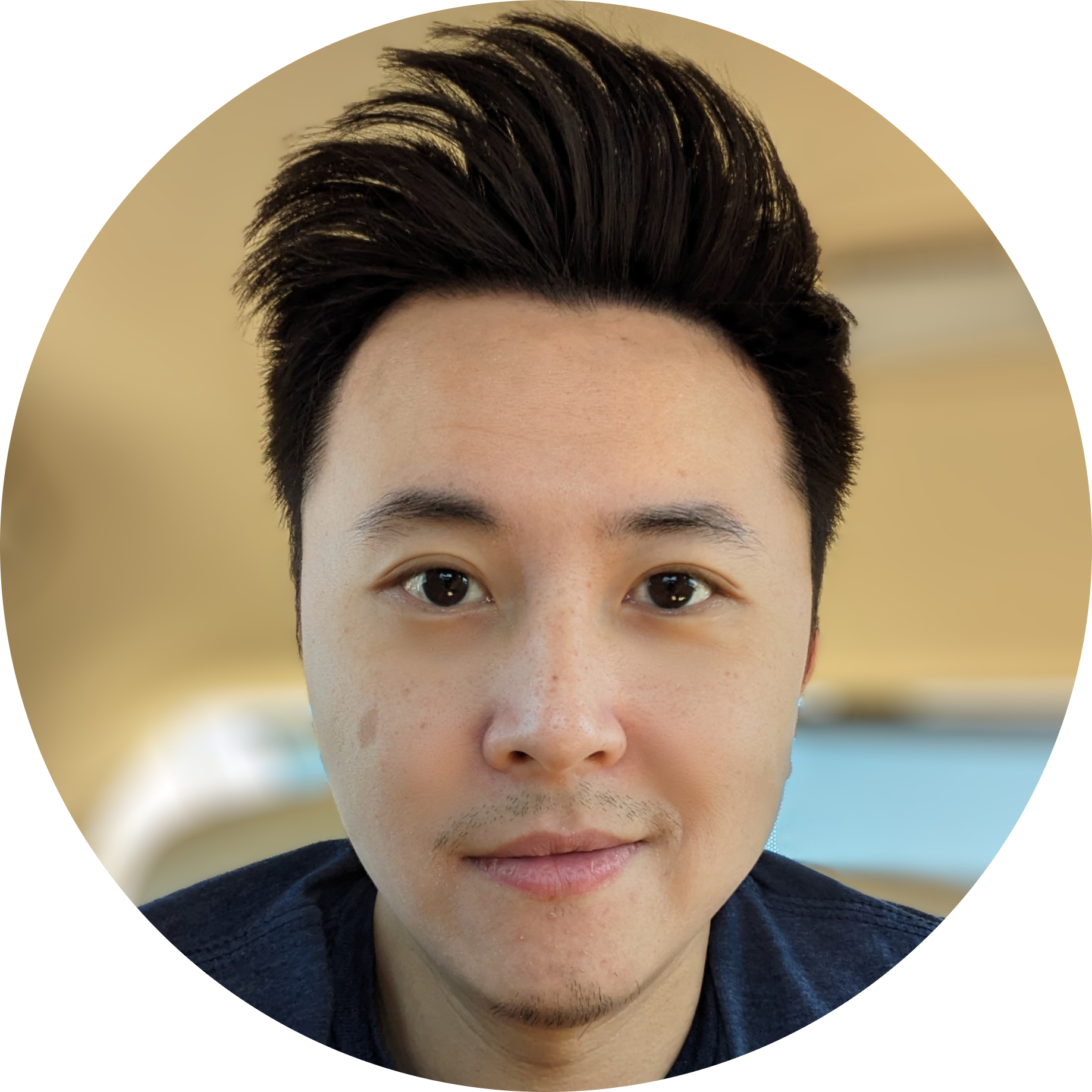
Ryan Wen
Doctoral Advisor: Carol Liebler
Education:
PhD, Newhouse School, Syracuse University
Areas of Research:
Health and science information, misinformation, and mixed methods
Selected Refereed Publications and Conference Papers:
Wen, Ryan, & Chen, Y. N. K. (2024). Understanding Public Perceptions of Revolutionary Technology: The Role of Political Ideology, Knowledge, and News Consumption. Journal of Science Communication, 23(05), A07. https://doi.org/10.22323/2.23050207
Chen, Y. N. K., Wen, Ryan, & Hsu, Y. (2022). The Power of Issues: Big Data Analysis in the 2020 Taiwan Presidential Election. Communication & Society, 59, 13-45.
Chen, Y. N. K., & Wen, Ryan. (2021). Impacts of Attitudes Toward Government and Corporations on Public Trust in Artificial Intelligence. Communication Studies, 72(1), 115-131.
Wen, Ryan, Leahy, K., Gratch, L., Yao, S., Green, K., Cirasuolo, S., Harper, R., Peters, D., Lee, H., Lee., Y., Riji Nair, J., & Chock, T. M. (2024, May). Media Literacy and The Metaverse. Paper presented at the inaugural Meaningful XR Conference, Stanford, California, USA.
Wen, Ryan. (2023, May). “COVID-19 is Politicians’ Lie!” Approaching COVID-19 Health Behaviors from Political Ideology, Science Denialism, Misinformation, and Third-Person Effects. Paper presented at the 73rd International Communication Association Conference, Toronto, Canada.
Wen, Ryan,& Chen, Y. N. K. (2022, May). Netizens’ Privacy Protection Strategies Against International Corporations’ Potential Data Breaches. Paper presented at the 72nd International Communication Association Conference, Paris, France.
Bio:
Teaching
Ryan Wen is an adjunct professor who teaches introductory theories and research methods to undergraduate students. The topics covered in his class encompass media psychology, economics, health promotion, social marketing, misinformation and messaging effects. He enriches his lectures with in-class exercises and his research findings related to these topics.
His teaching experience extends beyond the United States. He was invited to guest-lecture on data analysis and statistics to graduate students at the National Chengchi University in Taiwan for years. During his lectures, he introduced quantitative techniques to graduate students and provided instruction on developing theory-driven research designs.
Research
Wen achieved a full 4.00 GPA, as a Newhouse Doctoral Candidate at Syracuse University, in completing his Ph.D. coursework and passing the qualifying exams. He is a graduate of the London School of Economics and Political Science in the United Kingdom.
His research revolves around the topics of data protection, internet privacy, targeted ads, and mobile device use. He analyzes the perceived benefits and risks associated with novel technologies such as artificial intelligence and smart devices. Additionally, he examines the role of authority and expertism in communicating emerging technology and science. His studies have been published in widely recognized journals, including Comunicar, Communication & Society, Communication Studies and AoIR Selected Papers of Internet Research.
His doctoral research focuses on health knowledge access and health behaviors. His ultimate goal is to develop a testified theoretical framework for health intervention designs that not only inform but also motivate the public to adopt the promoted health behaviors. His research, centered on COVID-19, acknowledges McGuire’s caveat that health intervention designs lacking cultural compatibility and social sensitivity tend to exacerbate polarizations and dissuade certain populations instead. Wen has been invited to present his studies on COVID-19 (mis)information and health behaviors at the International Communication Association Conference and the Association for Education in Journalism and Mass Communication Conference for consecutive years.
His latest research interest lies at the intersection of health promotion and extended reality. He seeks to explore how the interaction between cognition, psyche and body may elicit behavioral or perceptual changes through immersive experiences and the density of knowledge provided via extended reality, from a psychophysiological perspective. Furthermore, he is transitioning to become a mixed-methods social scientist.
Professional
Wen worked with a government official serving on the National Communication Commission in Taiwan to investigate issues regarding telecommunications regulations, user privacy protection, fact-checking mechanisms, food safety news and surveillance capitalism, with the aim of informing policymaking with empirical-evidence-based recommendations.